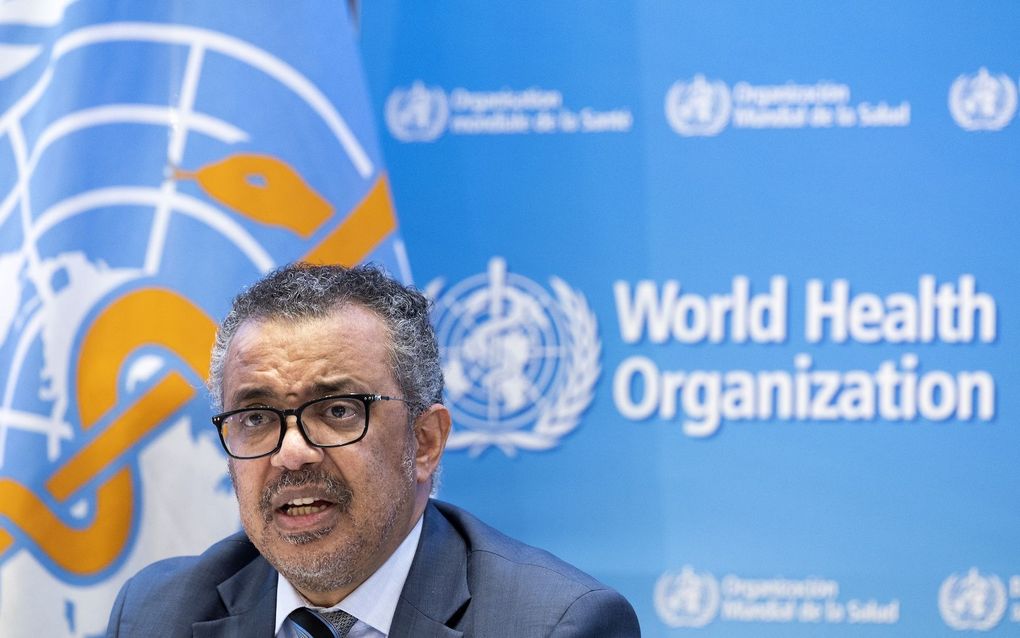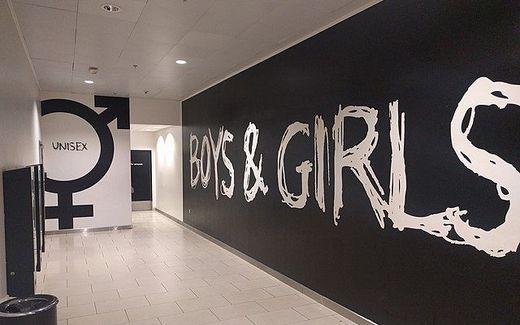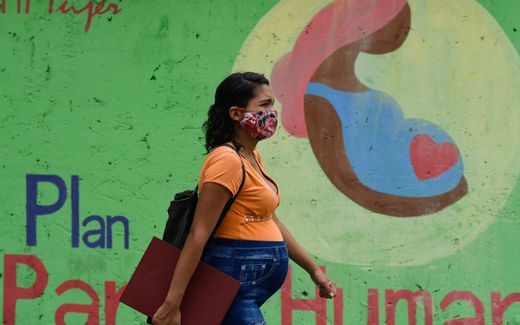New WHO manual: there is more than male and female

WHO director Ghebreyesus. Photo EPA, Salvatore di Nolfi
European Union
The World Health Organisation (WHO) is leaving the idea that gender diversity is broader than male and female. Therefore, the new gender manual that the organisation is preparing, goes "beyond the binary approaches".
Currently, the WHO is updating the gender mainstreaming manual for the world's medical staffers. In the autumn of 2022, the new version will be implemented.
From the press release that the world's leading health organisation has published, it is clear that this is not just an update but a fundamental review. The new handbook will "recognise gender and sexual diversity, or the concepts that gender identity exists on a continuum and that sex is not limited to male or female."
The review is being carried out in partnership with the United Nations University International Institue for Global Health.
The present gender manual is from 2011. But the WHO sees "new scientific evidence and conceptual progress" in the field of gender and health. The evidence and progress might be the idea that it is superficial to see the human being as either man or woman and that there are multiple intermediate forms.
The WHO review will not be limited to the WHO itself because it has become known for setting international health standards. Therefore, other organisations will be expected to follow the WHO guidelines.
Controversial
The WHO was established in 1948 as part of the United Nations. The headquarter is in Geneva, Switzerland. The WHO's task is to monitor international public health to promote well-being. For this, the WHO relies on the best and the latest scientific research.
The budget of the organisation has grown to 8 billion US dollars. Big donors are the World Bank and the Bill & Melinda Gates Foundation.
The WHO gives a job to 7,000 people in 149 countries. Smokers are excluded from a job at the WHO.
The organisation has played a leading role in several public health achievements, most notably the eradication of smallpox, the near-eradication of polio and the development of an Ebola vaccine. The organisation has been very outspoken in the fight against smoking and the tobacco industry.
The organisation does not run away from controversial positions. In March this year, the WHO presented new guidelines for abortion. Abortion should be available in all countries and free of barriers. The time limit that abortion is restricted to 12 or 18 weeks (as in most European countries) is an "unnecessary policy barrier", according to the organisation. In practice, however, there are just a few countries in the world where abortion is free up to birth.
"Pseudo-expertise"
Although the organisation refers to the "latest scientific information" in the press releases on both abortion and gender review, within the scientific world, there is still much debate about whether it is correct to say that there is more than male and female. Just a few weeks ago, two German scientists wrote an article in the leading Frankfurter Allgemeine Zeitung, stating that "biology only knows two sexes". The rest is just "pseudo-expertise".
Much earlier, in 2016, the scientific publication The New Atlantis released a special report about "sexuality and gender", in which more than 500 scientific researches were reviewed. The conclusion was that the whole new understanding of gender lacks scientific proof.
Related Articles






